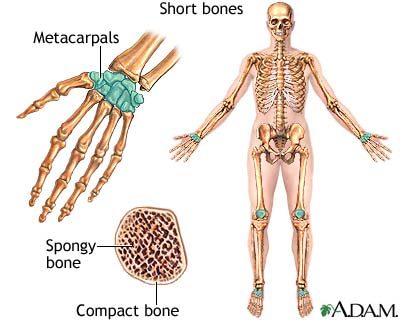Using Osteoporosis Drug For Long-Time May Weaken Bones
 A new study has disclosed that common medicines used to treat osteoporosis could make bones easier to crack if used for too long.
A new study has disclosed that common medicines used to treat osteoporosis could make bones easier to crack if used for too long.
Researchers discovered that bisphosphonates perk up quantity at the cost of quality. Although the medicinal drugs assisted protect limbs, over time they appeared to damage its anatomical structure.
Accordingly, it is thought that cure with the medicines may boost the risk of unusual ruptures after four or more years.
Bisphosphonates are designed to slow down or discontinue the bone loss that takes place during the body's bone reconstructing cycle, or the natural process involving removal and replacement of bone tissue.
Two separate researches by scientists from Hospital for Special Surgery (HSS) and Columbia University Medical Center disclosed facts suggesting that long-standing repression of bone remodeling by bisphosphonate cures may change the material properties of bone, potentially affecting the bone's mechanical wholeness and potentially contributing to the possibility of atypical fractures.
Brian Gladnick, from the Hospital for Special Surgery (HSS) said, "Although bisphosphonates have demonstrated an improvement in bone quantity, little if anything is known about the effects of these drugs on bone quality."
One set of researchers from Columbia University Medical Center (CUMC) viewed 111 post-menopausal women with osteoporosis, 61 of whom had been on medicines for at least 4 years. The arrangement of their bones was compared with that of 50 participants treated with calcium and vitamin D supplements but not bisphosphonates.
The research discovered that bisphosphonates amended bone structure early on in treatment, but over time this benefit decreased.
The study has been presented at the 2010 Annual Meeting of the American Academy of Orthopaedic Surgeons (AAOS). (With Input from Agencies)